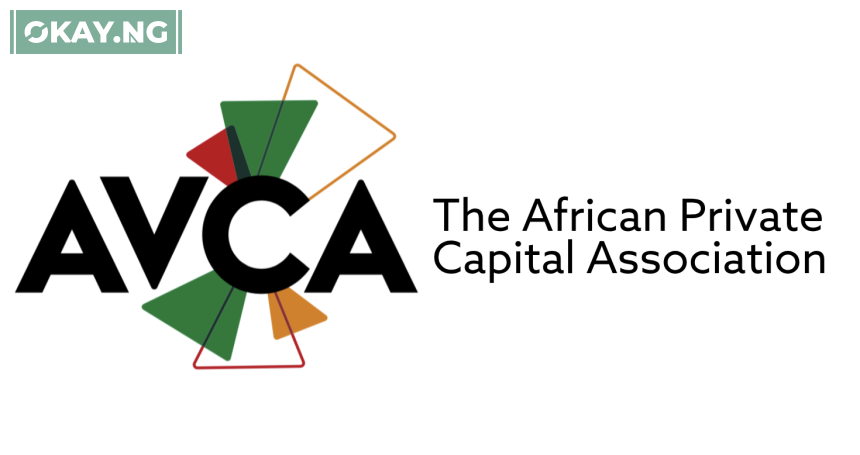Despite a challenging global economic climate, the African venture capital landscape has demonstrated resilience, securing $3.6 billion in funding in 2024, according to a recent report by the African Private Capital Association (AVCA). This figure includes $1 billion in venture debt, revealing strategic adaptations by investors and startups amidst prevailing headwinds.
The AVCA’s 2024 Venture Capital in Africa Report, now in its sixth edition, highlights a market correction following global trends, with the continent experiencing its funding low in the first half of 2024. This downturn, reflecting delayed impacts of inflation, supply chain disruptions, and geopolitical shocks, saw a 22 percent year-over-year decline in deal value and a 28 percent drop in deal volume.
“2024 was a challenging year for African startups, noting a 22 per cent year-over-year decline in deal value and a 28 per cent drop in deal volume,” the report stated. However, amidst these challenges, the report also revealed the resilience of the African market.
Venture Debt and Geographic Distribution:
A significant trend observed was the rise of venture debt, which, while representing only 12 percent of deal volume, accounted for 37 percent of total deal value. This indicates a growing appetite for this asset class among investors.
Geographically, West Africa remained the most active region for the fourth consecutive year, with Nigeria leading at 16 percent of total deal volume. The “Big 4” markets—Nigeria, Egypt, Kenya, and South Africa—collectively represented 55 percent of volume and 64 percent of value.
Sector Diversification and Investor Trends:
The financial technology sector continued to dominate, securing 116 deals and raising $1.4 billion, accounting for 34 percent of all tech-enabled rounds. Notably, Clean & ClimateTech and Artificial Intelligence (AI) emerged as significant sectors, reflecting a diversification beyond traditional fintech investments.
“Clean & ClimateTech rose to 13 per cent of tech-enabled deal volume, up from a seven per cent five-year average, while AI made its first appearance among the top four most funded verticals with 42 deals raising $108m.”
Read Also: Nigeria Eyes $200 Billion Yearly Boost Through Strategic Space Industry Regulation
A key development is the growing role of African investors, who now represent the single largest group of active participants in VC, accounting for 31 percent of the total investor pool. This underscores the increasing momentum in domestic capital formation.
The fundraising environment displayed remarkable resilience, with eight funds closing at $736 million in 2024 alone, a 41 percent year-on-year increase. The exit landscape also showed an upward trend, with trade sales dominating, accounting for 84 percent of all exits.
Expert Insight and Future Outlook:
Abi Mustapha-Maduakor, Chief Executive Officer of AVCA, emphasized the strategic adaptations within the African venture ecosystem.
“The data demonstrates how Africa’s venture ecosystem is responding to global challenges with notable resilience. While overall funding has contracted, we’re seeing strategic adaptations, higher-quality deals, sector diversification beyond fintech, increased venture debt utilisation, and the strengthening role of African investors,” she stated.
She also added “We remain optimistic about the venture landscape in Africa, particularly as it offers investors unique exposure to fast-growing markets with demographic advantages and innovation potential compared to more traditional investment destinations.”
Despite global economic headwinds, the African venture capital market has shown significant resilience, securing substantial funding and demonstrating strategic adaptations. The increasing role of African investors, diversification into new sectors, and the rise of venture debt are key trends shaping the continent’s investment landscape. As the market continues to mature, Africa presents compelling opportunities for investors seeking exposure to high-growth markets.













